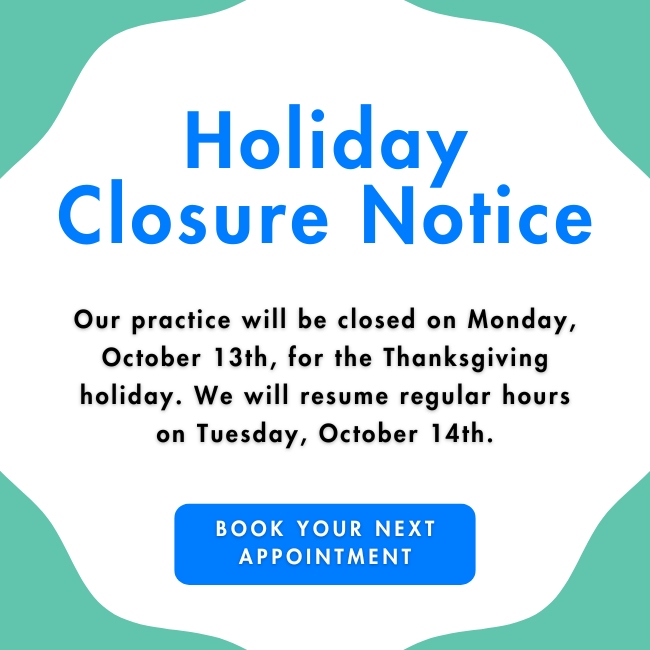Spending time outdoors is one of life’s greatest pleasures, especially in places with long summer days like in the Yukon Territory. Whether hiking a rugged trail, participating in sports, or simply going about your day, sunglasses help to protect your eyes from harmful ultraviolet rays.
While polarized and UV-protected sunglasses both offer eye protection from the sun, both offer eye protection from the sun, polarized lenses help to reduce glare and improve visibility, and combined with UV protection, it helps to eliminate UV radiation.
The Importance of Wearing Sunglasses While Outdoors
Yukon is famous for its beautiful, sun-drenched landscapes and extended summer daylight–up to 21 daily hours of sunlight in June and July. While these sunlight hours offer incredible opportunities for outdoor activities, it also means your eyes are exposed to more sunlight for extended periods. Protecting your eyes isn’t just about comfort, but safety for your long-term vision.
Sunlight emits ultraviolet (UV) rays, which can cause damage to your eyes over time. One such condition is photokeratitis, commonly known as a “sunburn of the eye,” which causes pain, redness, and temporary blurred vision. Prolonged exposure to UV rays also increases the risk of ocular conditions like macular degeneration, cataracts, and even ocular melanoma (eye cancer).
The Sun & the Eye Damage It Can Cause
To understand why sunglasses are essential, knowing a bit more about how sunlight affects your eyes is helpful. The sun emits three types of UV radiation:
- UVA Rays penetrate the deepest layers of skin and eyes. Long-term exposure has been linked to eye aging, including the development of cataracts.
- UVB Rays are slightly less penetrating but can still damage the outer and middle layers of your eyes, causing acute conditions like photokeratitis.
- UVC Rays don’t reach Earth’s surface due to the ozone layer, but they can be harmful if artificially replicated, such as in welding environments.
In addition to UV radiation, sunlight also creates glare—a reflection of intense light that can impair vision. This is particularly hazardous for activities like water sports or winter adventures, where light bounces off reflective surfaces like water or snow.
Polarized vs. UV Protection: What’s the Difference?
If you’ve been shopping for sunglasses, you’ve probably seen terms like “polarized lenses” and “UV protection” on labels. Although these features sound similar, they serve very different purposes. Here’s a breakdown:
What Are Polarized Glasses?
Polarized sunglasses contain a specialized filter that reduces rays. These lenses block horizontally reflected light that hits flat or shiny surfaces such as water, asphalt, or snow. This makes them especially popular among fishermen, skiers, and drivers.
Advantages of Polarized Glasses:
- Reduces glare for clearer vision and less eye strain.
- Improves visibility during outdoor activities on water or snow.
- Provides better overall contrast.
Disadvantages of Polarized Glasses:
- Polarization can make reading screens on GPS devices, smartphones, or tablets difficult.
What Are UV Protection Glasses?
UV protection glasses are designed to shield your eyes from ultraviolet radiation. This protective layer is essential for helping to prevent long-term eye damage. Ensure your lenses block 100% of UVA and UVB rays.
Advantages of UV Protection Glasses:
- Help to prevent acute and long-term damage such as cataracts, photokeratitis, and macular degeneration.
- Widely available in both prescription and non-prescription lenses.
Disadvantages of UV Protection Glasses:
- Does not reduce glare like polarized lenses do unless paired with polarization.
- Quality varies significantly, so checking for certifications like 100% UVA/UVB protection is essential.
How Polarization & UV Protection Work Together
The good news? You don’t have to choose between polarized and UV protection—they can work together in one pair of sunglasses. High-quality sunglasses often combine these features to deliver all-encompassing protection and comfort for outdoor enthusiasts, making them an ideal choice for everyone.
With combined lenses:
- UV protection helps to keep your eyes safe from harmful rays.
- Polarization reduces glare, improving clarity and reducing eye fatigue under bright conditions.
What to Remember When Shopping for a Pair of Sunglasses

With endless options out there, finding the right sunglasses can feel overwhelming. Here are some tips to make your shopping experience easier:
- Look for 100% UV protection.
- Consider polarized lenses for outdoor activities: If you spend time near water, snow, or other shiny surfaces, polarized lenses can significantly enhance your visual comfort.
- Choose wraparound styles: Sunglasses that curve around your eyes offer the greatest protection by minimizing peripheral UV exposure—a key benefit for bright environments.
- Prioritize fit and comfort: Ensure your sunglasses fit snugly without being too tight or slipping down your nose. A comfortable fit improves wearability and ensures consistent protection.
- Think about lens colour: Lens colour doesn’t impact UV protection but does influence visibility. Grey lenses are great for general use as they maintain true colours, while brown or amber tones enhance contrast.
- Understand quality differences: Not all sunglasses are created equal. Higher-end sunglasses have better optics yielding less distortion and more clarity. They also have better antiglare coatings and tend to be more durable.
Invest in Your Eye Health & Outdoor Enjoyment
Whether you’re mountain biking under Yukon’s endless summer skies or navigating snowy terrains, appropriately protecting your eyes is non-negotiable. Investing in the right pair of sunglasses—ideally with both polarized and 100% UV protection—helps to ensure long-term eye health, improved visual clarity, and maximum enjoyment during your outdoor activities.
Northern Lights Optometry helps our community take care of their eyes with UV-protection year-round, so you can focus on taking advantage of the joys of life and play in the sun. Contact us today to book your next appointment or learn about the variety of sunglasses we offer.





